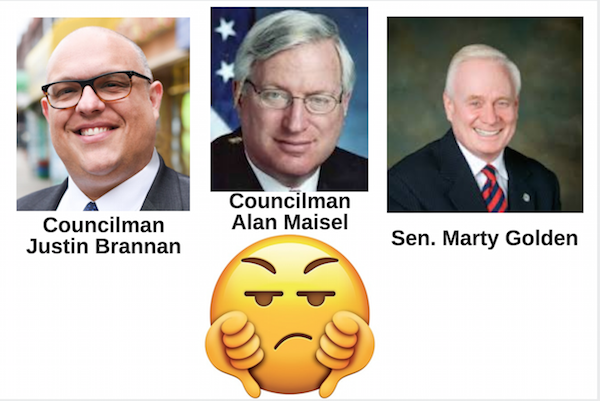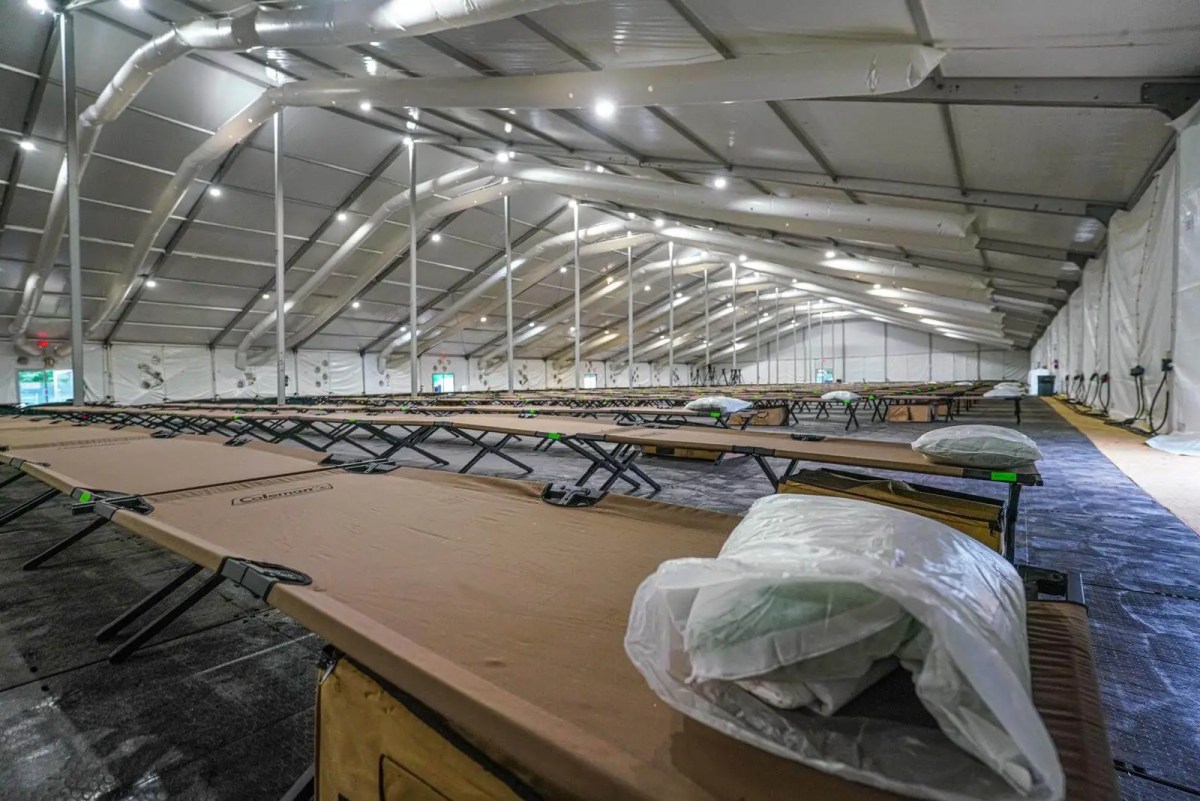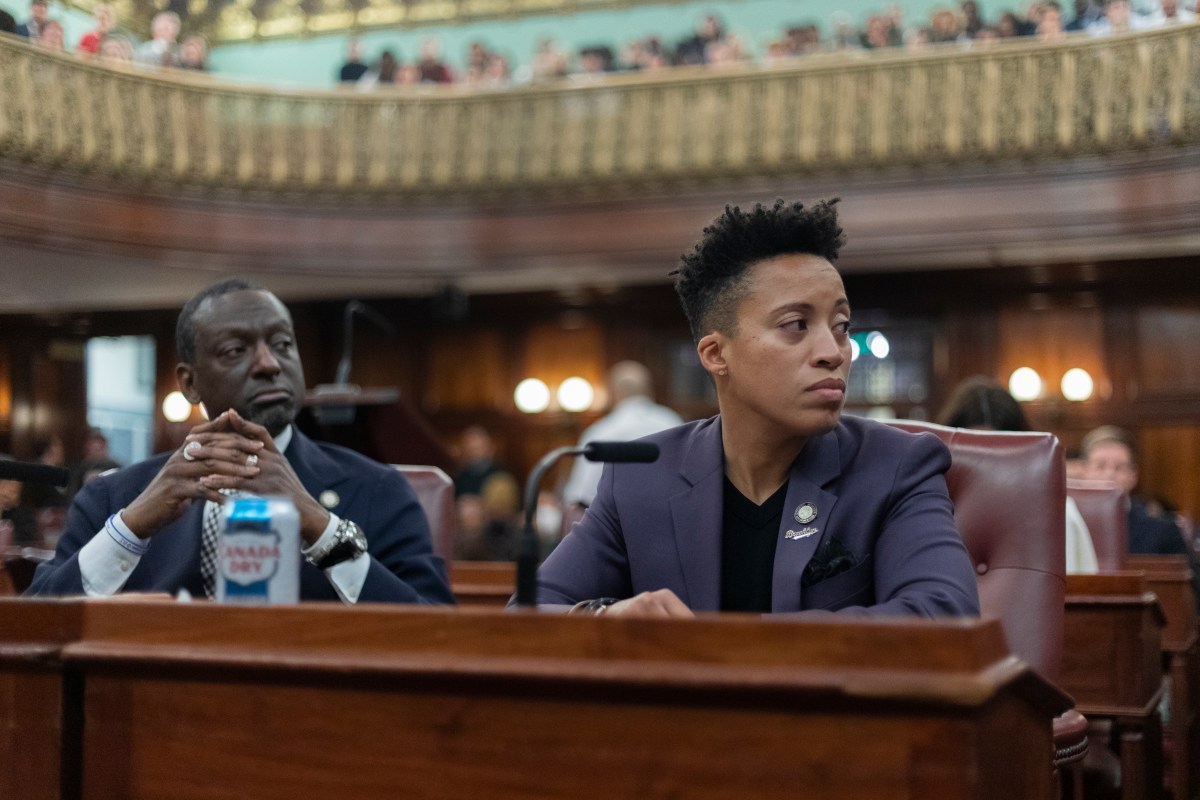Last week, New York State Governor Andrew Cuomo unveiled a budget proposal that would have the city pay for improvements to the struggling subway system.
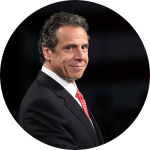

As part of the proposal, Cuomo released his Congestion Pricing plan that would charge drivers for making trips below 60th Street. According to initial reports, the new surcharges could range from $2 to $5 per trip for taxis, limousines and for-hire vehicles (i.e. Uber), while private cars could pay more than $11 once a day to enter the pricing zone.
The announcement came off the heels of a task force report on easing city traffic that recommended congestion pricing as the top solution. Mayor Bill de Blasio has already come out against the idea and instead favors a new tax on New York City’s highest earners earmarked for transit. The Millionaires Tax plan would make wealthy New Yorkers pay for subway and bus upgrades including reduced fares for low-income riders. The opposing plan’s are part of an ongoing feud between the city and state over responsibility for the Metropolitan Transportation Authority (MTA).
However, in recent days, Brooklyn’s more outer borough lawmakers have come out against some of the details of the plan citing the increased burden commuters will face with the plan.
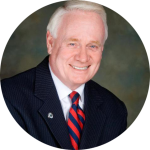
State Senator Marty Golden (R-Bay Ridge, Dyker Heights, Bensonhurst, Marine Park, Gerritsen Beach, Gravesend and parts of Sheepshead Bay, Borough Park and Midwood) believes that the plan has merits but must be balanced amongst all city residents.
“Investing in our transportation infrastructure has to be a top priority as we work toward a final State Budget agreement. There are several proposals regarding congestion pricing which would raise funding for the MTA while reducing New York’s carbon footprint. However, the details are what truly matter. If there has to be congestion pricing at all, it should be balanced,” said Golden.
The Senator went on to highlight his proposal to create a discounted toll program on the Verrazano Bridge.
“For example, it should include my proposal to create a discount program for New Yorkers who use the Verrazano Bridge. We cannot unfairly burden hard-working commuters who are the backbone of our State’s economy,” added Golden.
As the plan stands now, the surcharge would affect commuters passing through the Brooklyn Bridge, the Manhattan Bridge, the Verrazano Bridge and the Williamsburg Bridge, all of which let out below 60th Street.
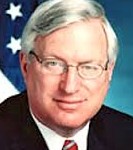
City Councilman Alan Maisel (D-Canarsie, Flatlands, Mill Basin, Bergen Beach, Gerritsen Beach) was quick to note that commuters from his district would feel the brunt of the proposed plan. Maisel represents a district already on the fringes of public transportation, with many commuting to the city on a daily basis.
“Congestion pricing is a tax that will take advantage of my constituents who use their cars to get to the city. I’ve never been in favor of congestion pricing and I’m still opposed to it. Subway funding should be a state issue,” said Maisel.
First-term City Councilman Justin Brannan (D-Bay Ridge, Dyker Heights, Bath Beach, Bensonhurst) echoed Golden’s sentiments but demanded more clarity on the plan that he hopes can truly bring necessary repairs to the failing subway system.
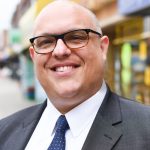
“Traffic congestion in Manhattan and Brooklyn is worse than ever rivaled only by the abysmal state of our subways and buses. So when we charge everyone driving into Manhattan below 60th Street $12 at the door, what do commuters get in return? There needs to be a crystal clear set of deliverables, with real timelines. We need to know this revenue is going to fix the subways in New York City, and continue to be dedicated long-term to NYC transit, not end up being diverted to other agencies or other MTA projects outside of the City,” said Brannan.
On Thursday, MTA Chairman Joseph Lhota is expected to testify at a state budget hearing in Albany, where the plan would have to pass as part of the state budget, which is due at the end of March.


